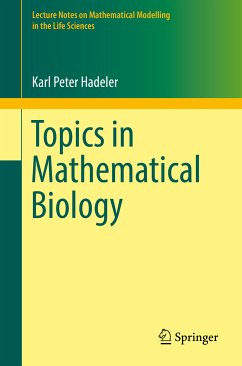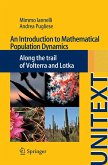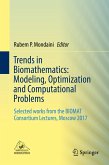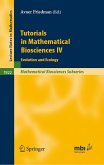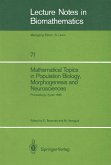This book analyzes the impact of quiescent phases on biological models. Quiescence arises, for example, when moving individuals stop moving, hunting predators take a rest, infected individuals are isolated, or cells enter the quiescent compartment of the cell cycle. In the first chapter of Topics in Mathematical Biology general principles about coupled and quiescent systems are derived, including results on shrinking periodic orbits and stabilization of oscillations via quiescence. In subsequent chapters classical biological models are presented in detail and challenged by the introduction of quiescence. These models include delay equations, demographic models, age structured models, Lotka-Volterra systems, replicator systems, genetic models, game theory, Nash equilibria, evolutionary stable strategies, ecological models, epidemiological models, random walks and reaction-diffusion models. In each case we find new and interesting results such as stability of fixed points and/or periodic orbits, excitability of steady states, epidemic outbreaks, survival of the fittest, and speeds of invading fronts.
The textbook is intended for graduate students and researchers in mathematical biology who have a solid background in linear algebra, differential equations and dynamical systems. Readers can find gems of unexpected beauty within these pages, and those who knew K.P. (as he was often called) well will likely feel his presence and hear him speaking to them as they read.
Dieser Download kann aus rechtlichen Gründen nur mit Rechnungsadresse in A, B, BG, CY, CZ, D, DK, EW, E, FIN, F, GR, HR, H, IRL, I, LT, L, LR, M, NL, PL, P, R, S, SLO, SK ausgeliefert werden.

